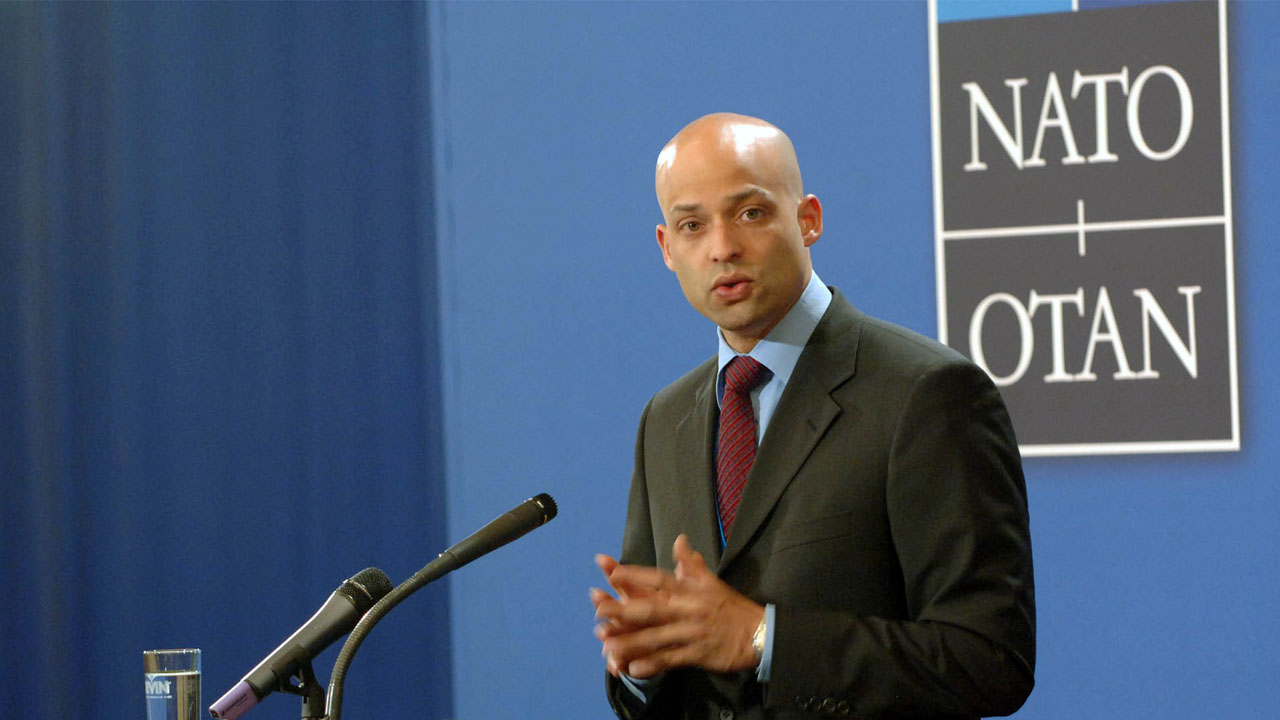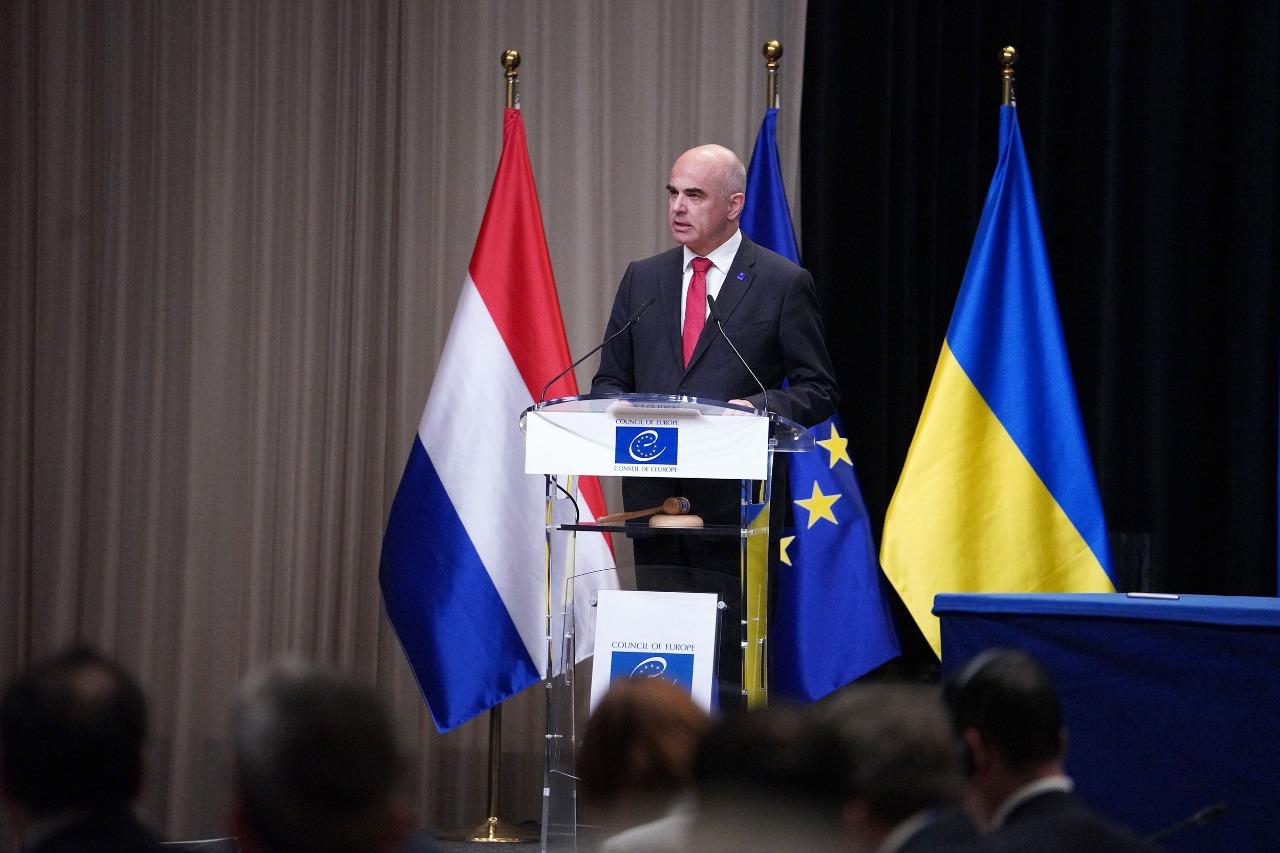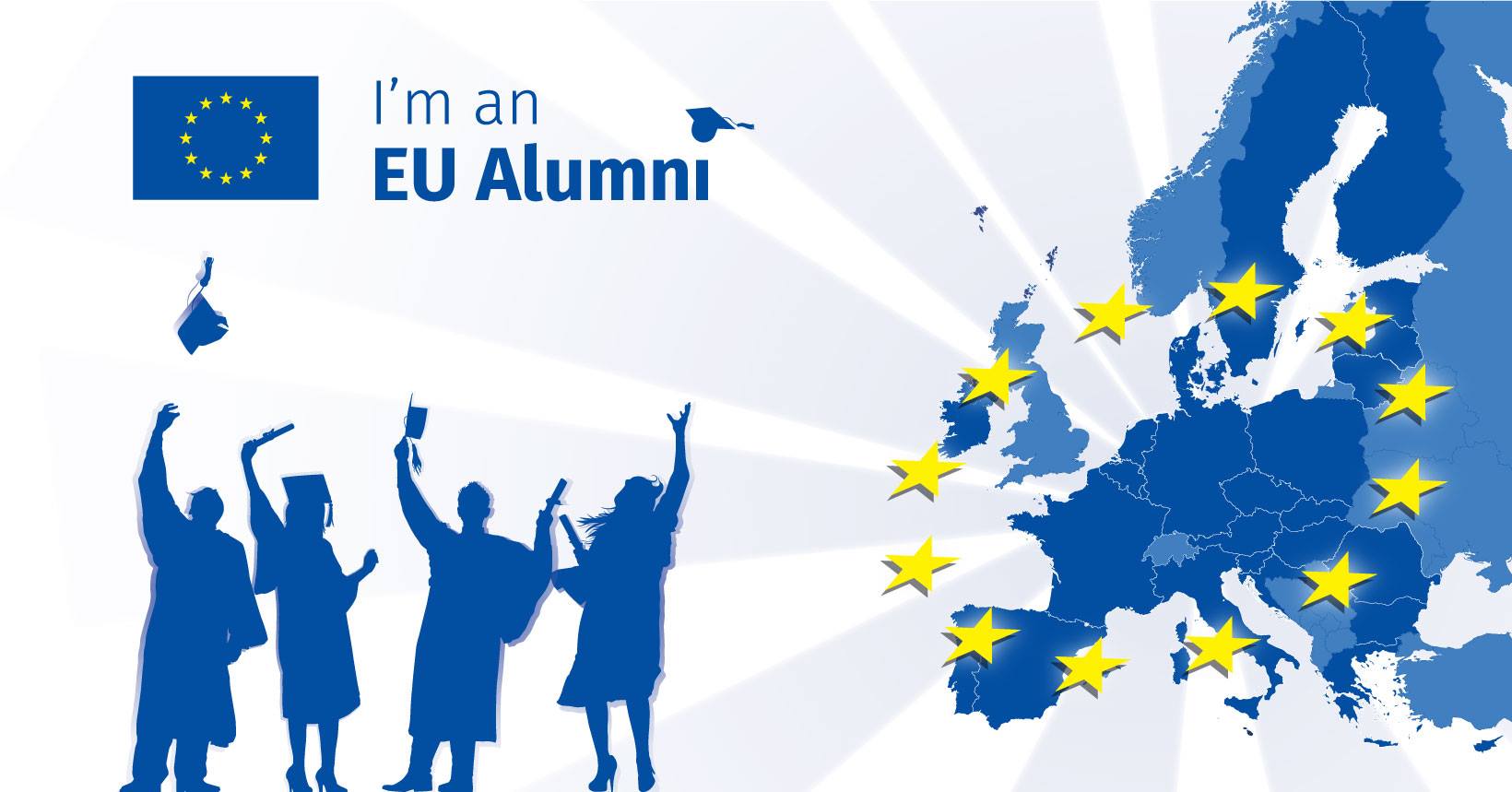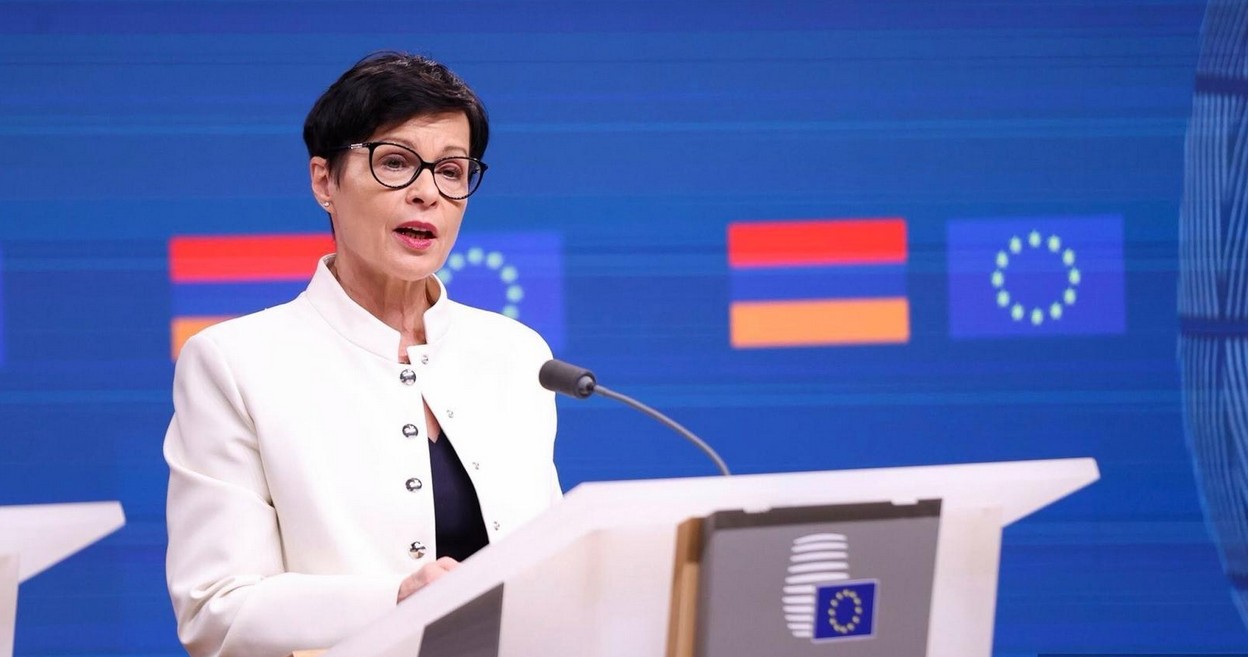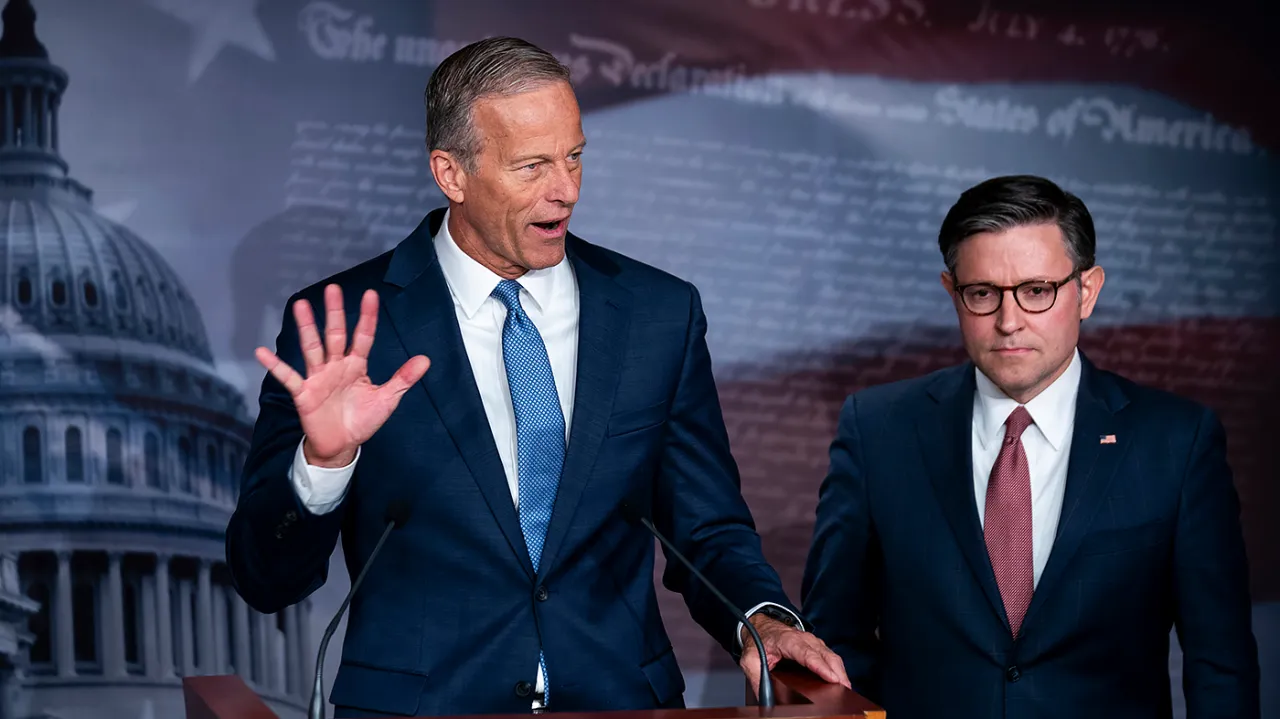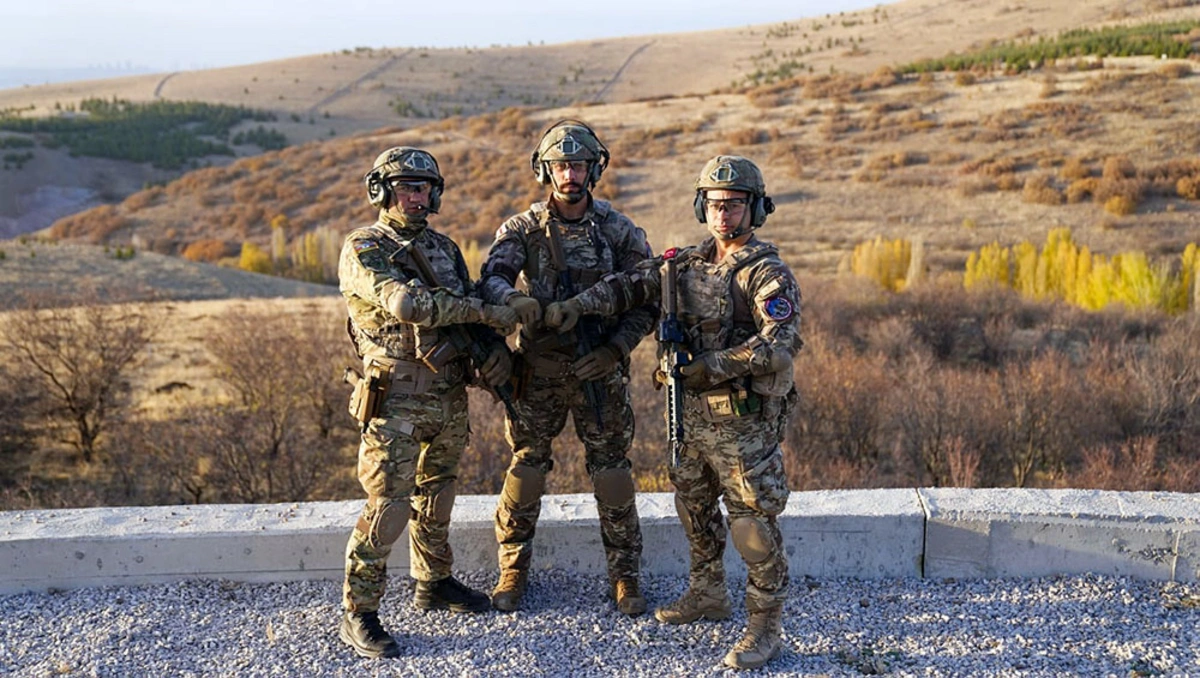NATO and Georgia also sharing situational awareness in the Black Sea to ensure that the Black Sea remains a source of stability and security, for NATO Allies and partners - Said NATO Deputy Assistant Secretary General for Political Affairs and Security Policy and NATO Secretary General's Special Representative for Caucasus and Central Asia, Mr. James Appathurai in an exlusive interview with Europe Time.
He also said that NATO will continue to assist Georgia with practical support through the Substantial NATO-Georgia Package which was recently refreshed:
_How does NATO view the agreement reached between the political parties in Georgia? In one of the interviews you mentioned that if the parliament does not function properly, this is a signal of a poor level of democracy in the country. After reaching an agreement and somewhat taking a step towards ending a political crisis, what do you reckon, what does the country indicate now, which is aspiring to join NATO?
The political agreement in Georgia is really good news for all concerned. In the first place for the citizens of Georgia, as their elected representatives can get to work and the Government can focus on current challenges such as the Covid crisis and its economic impact, as well as the difficult but necessary reforms of the judiciary.
It is also good news for politicians in Georgia, as the agreement provides for a series of mechanisms and safeguards which should allow all politicians from across the political spectrum to engage in dialogue on substantial issues, and to cooperate in a constructive manner. Finally it is also good news for all of us in the international community who want to see Georgia succeed. We hope the agreement will generate a renewed momentum in domestic reforms, and will also bring Georgia closer to its foreign and security policy objectives to integrate with the EU and NATO. Therefore I highly appreciate the efforts by the EU Council President’s Special Envoy Ambassador Danielsson, and the US Ambassador to help make this possible. Looking ahead, NATO will also follow with interest the implementation of the successive steps stipulated by the Agreement.
_In your opinion, how did the current processes impact the prospect for NATO membership, and by finally reaching an agreement between the political parties has our country avoided some threats at this stage? Namely, recently international partners have been making implications that the current situation would harm the prospect for NATO membership. In your opinion, to what extent does the end of the crisis pave the way for further progress in the process of NATO integration?
First of all, NATO Allies stand by the decision taken at the 2008 Bucharest Summit – and reiterated in following Summits – that Georgia will become a member of the Alliance. Secondly, NATO is an Alliance built on core values, such as the rule of law, democracy and individual liberty. A well-functioning Parliament, elected by the citizens in a process which is, and is perceived to be, free and fair, is at the heart of any democracy. The stand-off between Government and opposition has therefore been a source of concern over the past year. However, now is the time to look ahead. I believe the agreement puts Georgia in an excellent place to focus on a number of overdue reforms. This is automatically also relevant in the context of preparing for future NATO membership.
In any event, we will continue to assist Georgia with practical support through the Substantial NATO-Georgia Package which was recently refreshed. The package seeks both to build Georgia’s defence capacities and resilience, and to prepare Georgia for eventual NATO membership.
_We are aware of NATO’s position, that the alliance will not tolerate anything that threatens and endangers the territorial integrity and sovereignty of its partners; Is it time to actively take actions that could lead to NATO enlargement, given that Russia is benefiting from all these crises and that recently, we are observing such statements more frequently.
As to future NATO enlargement, I have already addressed the issue in response to your previous question. However, let me be clear here on our support to Georgia’s territorial integrity. Allies have been clear and consistent that Russia must reverse its recognition of Abkhazia and South Ossetia; and it must withdraw its forces from these regions of Georgia. We condemn the grave human rights violations taking place in these regions. NATO fully supports the sovereignty and territorial integrity of Georgia within its internationally recognised borders; and we have taken due note of the recent ruling by the European Court of Human Rights, which confirms Russia’s responsibility for human rights violations in Abkhazia and South Ossetia and Russia’s de facto control in these places.
Furthermore, NATO has taken a number of steps to help our partners build up their resilience, including in Georgia. Notwithstanding the Covid crisis, we have maintained our political dialogue; and we have strengthened cooperation in defence reform and the management of the defence sector, through the refreshed Substantial NATO-Georgia Package. This includes initiatives relating to the air, land, sea and cyber domains. It aims to further enhance the interaction between Georgia and the different parts of the NATO command structure, strengthen the Package’s maritime component, focus more on resilience, and boost coordination amongst different Georgian agencies. Many Allies have already pledged to support the implementation of this new package, either with personnel or through financial assistance. I see these practical steps also as a demonstration of NATO’s commitment to Georgia, its territorial integrity, and its Euro-Atlantic aspirations.
_The issue of Black Sea Security is important for member countries of NATO. How would you estimate the recent tense circumstances in Ukraine and what is the strategy that should be developed by the Western countries to strengthen security?
Since Russia’s illegal and illegitimate annexation of Crimea, NATO has increased its presence in the Black Sea. NATO ships routinely patrol and exercise in the Black Sea. Several Allies conduct NATO air policing in the region. We have a Romanian-led multinational brigade based in Craiova. Three NATO members – Bulgaria, Romania, and Turkey – are littoral states, with their own forces in the Black Sea region. At the same time, we are stepping up our cooperation with Georgia on maritime security, including by training Georgia’s Coast Guard. NATO and Georgia are also sharing situational awareness in the Black Sea to ensure that the Black Sea remains a source of stability and security, for NATO Allies and partners.
At our last meeting, NATO Foreign and Defence Ministers addressed Russia’s military build-up in and around Ukraine, which we also discussed with the Ukrainian Foreign Minister in a meeting of the NATO-Ukraine Commission. In recent weeks, Russia has moved tens of thousands of combat-ready troops and military equipment to Ukraine’s borders and has announced military readiness checks. It has reinforced its military presence on Ukraine’s Crimean peninsula and in the Black Sea region. This military activity is very unusual in both size and timing and Russia has not been transparent regarding its intentions. This is part of a broader pattern of Russian aggressive actions, which raises very serious concerns. Allies fully support Ukraine’s sovereignty and territorial integrity. We have taken due note of the recent announcement by Russian Defence Minister Sergei Shoigu towards de-escalation by Russia which is important and overdue. NATO remains vigilant and we will continue to monitor closely Russia’s unjustified military build-up in and around Ukraine. NATO stands with Ukraine, and we continue to call on Russia to respect its international commitments and withdraw all its forces from Ukrainian territory.
In recent years, we have also helped to strengthen the capabilities of Ukraine’s security and defence sector institutions. We have stepped up our cooperation in the Black Sea region with more exercises and port visits; and we support Ukraine's wide-ranging reform agenda, which will make Ukraine more resilient, and help bring Ukraine closer to NATO. Secretary General Stoltenberg has recently spoken with President Zelensky, and we have held a meeting of the NATO-Ukraine Commission with Foreign Minister Kuleba to discuss the latest developments. NATO’s support for Ukraine's sovereignty and territorial integrity is unwavering.
_We are aware that NATO is not a military alliance opposing anyone, it is a unity based on principles and values. However, we also know that the motto "Do not irritate Russia" is not considered to be valid and whenever such compromises are made it brings up frustration every time. In your opinion, would unity of common values, consolidation, and adherence to democratic principles be a peaceful but rigid response for Russia?
The question of how NATO Allies, who share principles and values, can best work together in the face of a broad range of threats and challenges will no doubt be at the centre of the discussions ahead of the Summit which will be taking place on 14 June. Let me add that indeed some of these challenges stem from President Putin’s assertive foreign and security policies, such as those close to Ukraine’s borders, but others have different origins. An important part of the response will need to be found in establishing a high level of solidarity and common resolve amongst ourselves, - that is amongst Allies, and also with partners such as Georgia and other like-minded nations.


